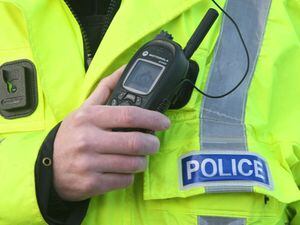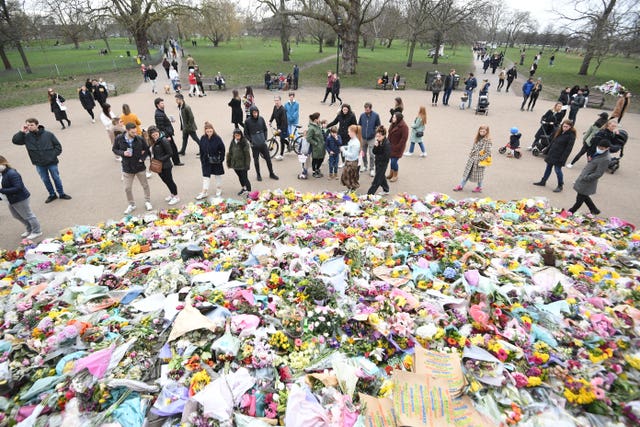Police corruption must be cut to ‘irreducible minimum’ after Sarah Everard case
Her Majesty’s Chief Inspector of Constabulary described the murder of Sarah Everard as a case of particular “severity and dreadfulness”.

Police corruption within forces in England and Wales must be cut to the “irreducible minimum” following the case involving former Met Police Officer Wayne Couzens, a police watchdog has said.
In a new report, published by HM Inspectorate of Constabulary and Fire and Rescue Services (HMICFRS), Chief Inspector Sir Thomas Winsor said there was “a risk” of recruiting officers who have “extremist and racist attitudes” or who “play down their criminal connections”, but forces must be assiduous in tackling these people and root out any forms of police corruption.
He said of the vetting process: “On occasion, police recruitment vetting processes identify applicants’ connections with organised crime groups that try to infiltrate the police. In too many cases, the system fails. This can have catastrophic consequences.”
Sir Thomas’ comments in the report come as a national campaign aims to hire an additional 20,000 police officers in England and Wales by March 31 2023.
During a briefing on Wednesday, Sir Thomas was questioned about future officers receiving warrant cards following the scandal involving Couzens, who was convicted of the murder, rape and kidnap of Miss Everard earlier this month and sacked shortly afterwards.
He said: “I do believe changes will be made in the Met and I do think other forces must observe what happens.
“But whilst the Wayne Couzens case is of particular severity and dreadfulness, this sort of thing could happen anywhere.”
He added forces needed to make sure they are giving the “best” attention to the types of people they are hiring.
“Police corruption will always be with us, but it needs to be got down to the irreducible minimum,” he said.
“Vetting is of enormous importance. It is important that people who want to come into the police are properly assessed, not in terms of just the intellectual and physical capacity, but their attitude, inclinations and their motivation.
“If recruits, during their two year probationary period, are displaying tendencies towards rage, violence, a liking for the exercise of coercive control of their fellow citizens, that needs to be recognised and properly dealt with.”
Couzens, 48, was accused of crimes relating to indecent exposure days before he abducted Miss Everard in Clapham, south London, on March 3.
The Independent Office for Police Conduct (IOPC) is investigating whether the Met failed to investigate the allegations prior to Miss Everard’s death.

In June, West Mercia Pc Benjamin Monk was convicted of the manslaughter of former footballer Dalian Atkinson, having kicked the 48-year-old in the head twice after what the judge called an “excessive” 33-second use of a Taser.
In April, former probationary Met officer Ben Hannam, 22, was found guilty of membership of banned right-wing extremist group National Action (NA) and jailed for four years.
According to the Home Office data involving criminal inquiries into English and Welsh police, a total of 152 probes were launched in the year to March 2020, with 115 officers being investigated and 37 staff being looked in to.
Some 68 officers either admitted their crimes or were found guilty (59%), 32 were acquitted, one was cautioned and prosecutions were dropped against 14.





